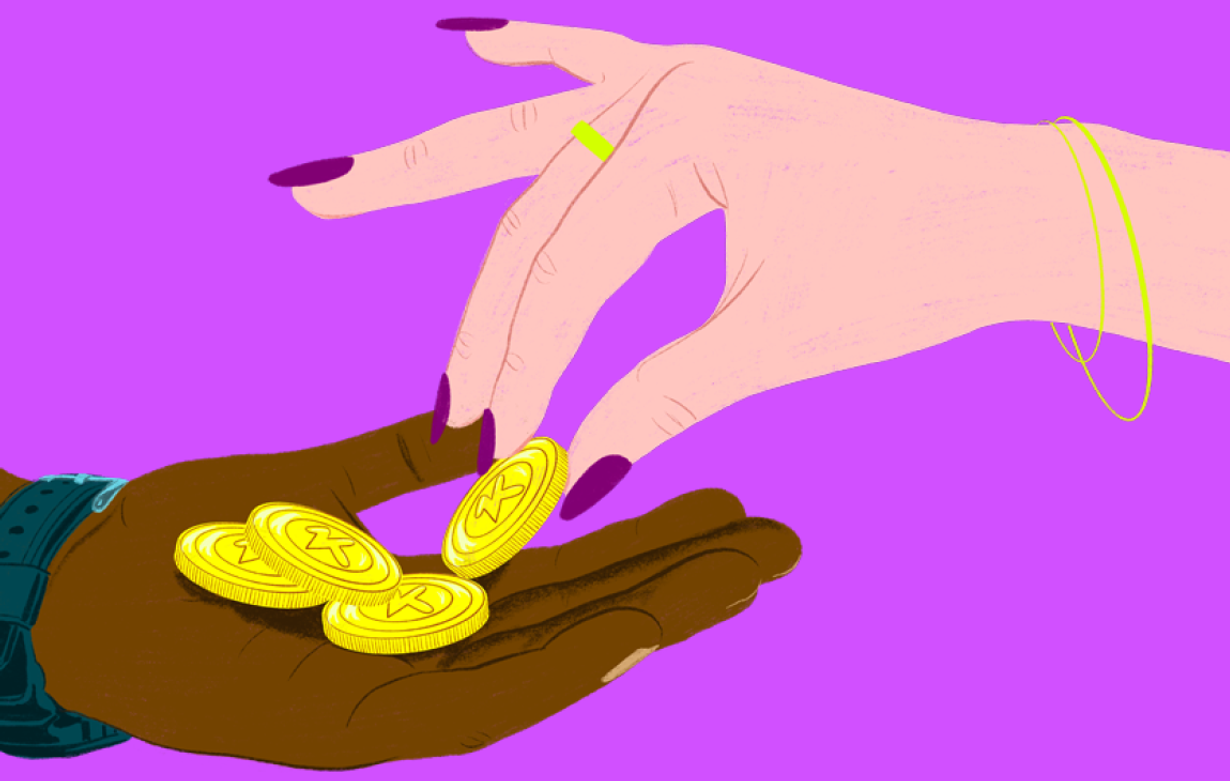Both cash back and rewards credit cards give you something in return for your spending—but they do it in different ways:
Cash back: You earn a percentage of your purchases back as cash or statement credits
Rewards: You earn points or miles you can redeem for travel, gift cards, merchandise, or statement credits
The right choice depends on whether you want simple money back or you’re willing to optimize points for maximum value.
2% cash back on groceries, eating & drinking, transportation
Where KOHO Everything Fits In
KOHO Everything is a prepaid Mastercard® with cash back rewards and high interest on your balance, without letting you fall into revolving credit card debt.
That’s where KOHO Everything can help:
Grow your savings with 3.5% interest rates, one of the highest in Canada
Earn 2% cash back on groceries, eating, drinking, and transportation and 0.5% on everything else
Unlimited transactions & e-transfers
Pay no foreign transaction fees
No minimum balance required
KOHO Everything gives you a cash back experience in a more controlled way.
Canada’s most powerful all-inclusive account
What is a Cash Back Credit Card?
A cash back credit card gives you a percentage of your spending back, usually as:
Statement credits
Direct deposits
Cheques or redeemable “cash rewards”
Typical features:
Simple: “Spend $1, get X% back”
Often have bonus categories (like groceries, gas, dining)
Can come with annual fees and high interest if you carry a balance
Best if you want straightforward value and you always pay your balance in full.
What is a Rewards Credit Card?
A rewards card gives you points or miles instead of cash:
You earn points per dollar spent
You redeem for travel, gift cards, statement credits, or merchandise
Some programs give extra value if you redeem for flights/hotels in specific ways
Typical features:
Potentially higher value per dollar if you optimize redemptions
More complex rules, blackout dates, and program terms
Often higher annual fees and similar high interest rates
Best if you’re willing to learn the program, travel often, and optimize redemptions.
Which is Better for You?
Cash back cards are usually better if you want:
Simplicity – you don’t want to think about point charts
Flexible value – cash is always useful
A quick way to see “real money” coming back
Rewards/points cards can be better if you:
Travel frequently
Don’t mind juggling bonus categories and redemption rules
Are confident you’ll never carry a balance, so interest won’t wipe out your rewards

About the author
Quan works as a Junior SEO Specialist, helping websites grow through organic search. He loves the world of finance and investing. When he’s not working, he stays active at the gym, trains Muay Thai, plays soccer, and goes swimming.
Read more about this author